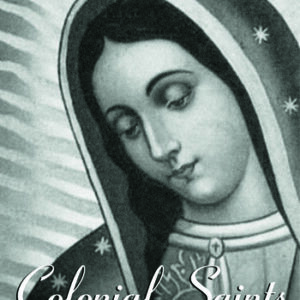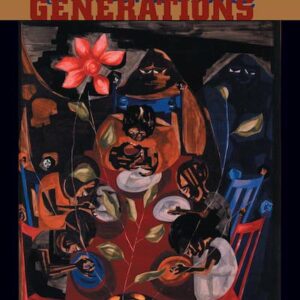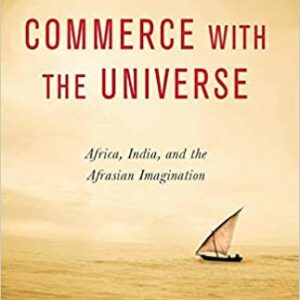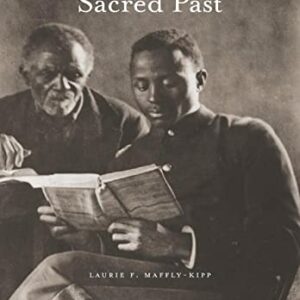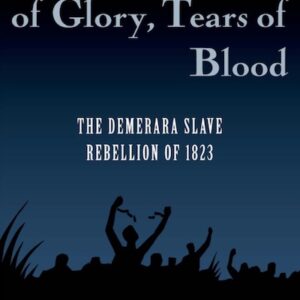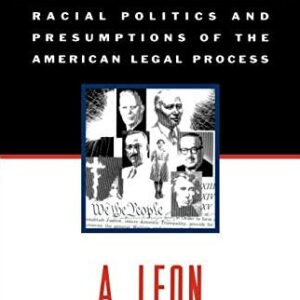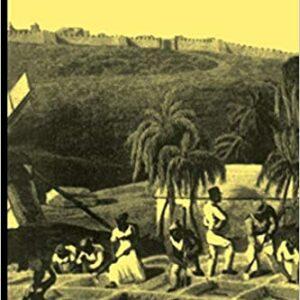
Bondmen and Rebels: A Study of Master-Slave Relations in Antigua, with Implications for Colonial British America
By David Barry Gaspar (NHC Fellow, 1984–85) Bondmen & Rebels provides a pioneering study of slave resistance in the Americas. Using the large-scale Antigua slave conspiracy of 1736 as a window into that society, David Barry Gaspar explores the deeper interactive character of the relation between slave resistance and white control.

